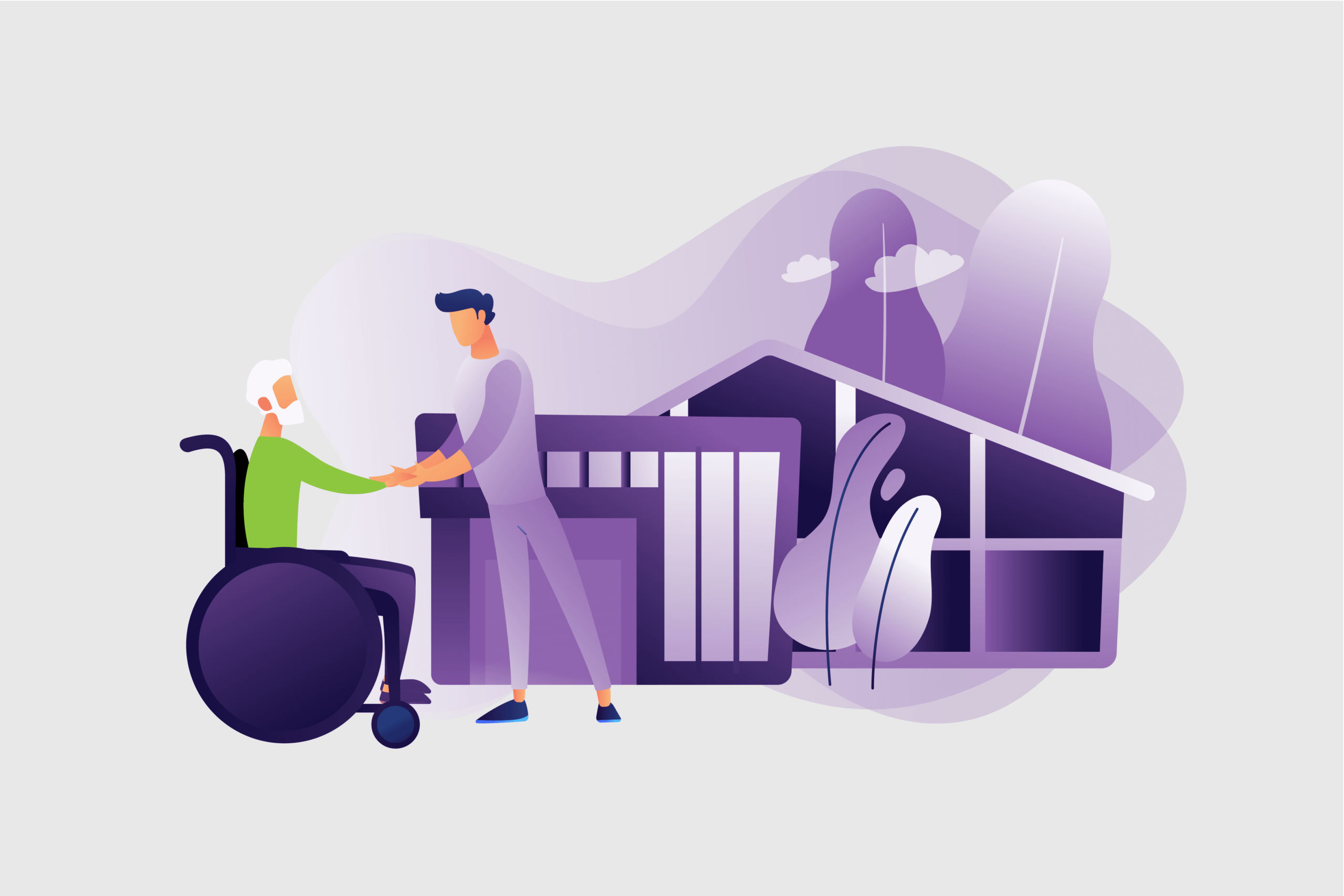Disability support services encompass a broad spectrum of assistance, from basic daily living support to comprehensive medical and social advocacy. These services not only empower individuals with disabilities but also foster a greater sense of community and independence. How can these diverse solutions transform lives?
Let’s explore how disability services and support make a significant difference. The overarching goal is to provide a framework that supports physical needs and emotional and social well-being. By addressing a wide array of needs, these solutions help individuals lead fuller, more independent lives, breaking down barriers that often isolate those with disabilities.
Daily Living Services
Daily living services are at the core of disability support. These solutions ensure that individuals with disabilities can perform everyday activities with ease and dignity. What does this mean for someone with a disability? It includes assistance with eating, bathing, and dressing—fundamental activities many take for granted.
Such support not only aids in maintaining personal hygiene but also enhances the individual’s sense of self-reliance and confidence. Ultimately, it fosters an environment where users can feel more in control of their lives. The impact of these solutions extends beyond mere assistance—they empower individuals to participate actively in their care and decision-making processes.
Social and Community Activities
Participation in social and community activities is vital for emotional and psychological health. These services provide access to events and gatherings that might otherwise be inaccessible. This integration helps combat isolation and builds a supportive network. Can you imagine the impact of being part of a vibrant community?
For many, it’s a transformative experience that uplifts spirits and fosters lifelong friendships. Engaging in these activities also promotes a sense of belonging and purpose, enriching individuals’ lives by connecting them with others who share similar challenges and aspirations.
Nursing
Nursing services are a cornerstone of disability support for those with more intensive medical needs. These solutions provide professional health care within the comfort of one’s home. What kind of difference does in-home nursing make? It allows individuals to receive tailored healthcare services surrounded by familiar settings, enhancing their comfort and speeding up recovery processes. This personalised care is crucial for maintaining health and preventing complications. Skilled nursing care can be adjusted to meet individuals’ changing needs, ensuring they receive optimal care as their conditions evolve.
Personal Care
Personal care services are designed to help with more personal and intimate requirements. This includes help with grooming, toileting, and mobility. How does personal care affect daily life? By receiving respectful and competent assistance, individuals with disabilities can maintain their dignity and continue living with greater independence.
Such support is essential, as it helps reduce individuals’ daily challenges, enabling them to focus more on enjoying life and less on their limitations. Personal care providers are trained to be sensitive to the unique needs of each individual, ensuring that services are delivered with respect and empathy.
Allied Health
Beyond immediate personal needs, allied health services encompass a range of therapeutic and rehabilitative treatments that support long-term health and well-being. This encompasses therapies such as physical therapy, occupational therapy, and speech therapy. Why are these services crucial? They are instrumental in improving functional abilities, which can lead to a more autonomous and fulfilling life. These interventions are designed to help individuals reach their full physical and mental potential. Allied health professionals work collaboratively with clients to set goals and achieve outcomes that enhance overall quality of life and independence.
Empowering Independence
The ultimate aim of disability support services is to empower individuals to achieve as much independence as possible. By offering customised services that address each individual’s specific requirements, these programs are essential in supporting people to manage their daily activities with increased independence.
How significant is the role of these services in daily life? They assist with physical and medical needs and provide the tools and resources necessary for individuals to take charge of their own lives, participate in their communities, and realise their personal goals.
Disability services and support are not just about meeting basic needs; they are about enhancing the quality of life and ensuring everyone can live as independently as possible. Through personalised support plans and a focus on community integration, providers play a critical role in transforming lives. Isn’t it remarkable how comprehensive support can pave the way for surviving and thriving? This holistic approach is not only beneficial for individuals with disabilities but enriches the community as a whole. Each service is a step towards a more inclusive society where everyone can have an equal chance to shine. By fostering an environment of support and advocacy, these services empower individuals to overcome challenges and lead vibrant, fulfilling lives.

